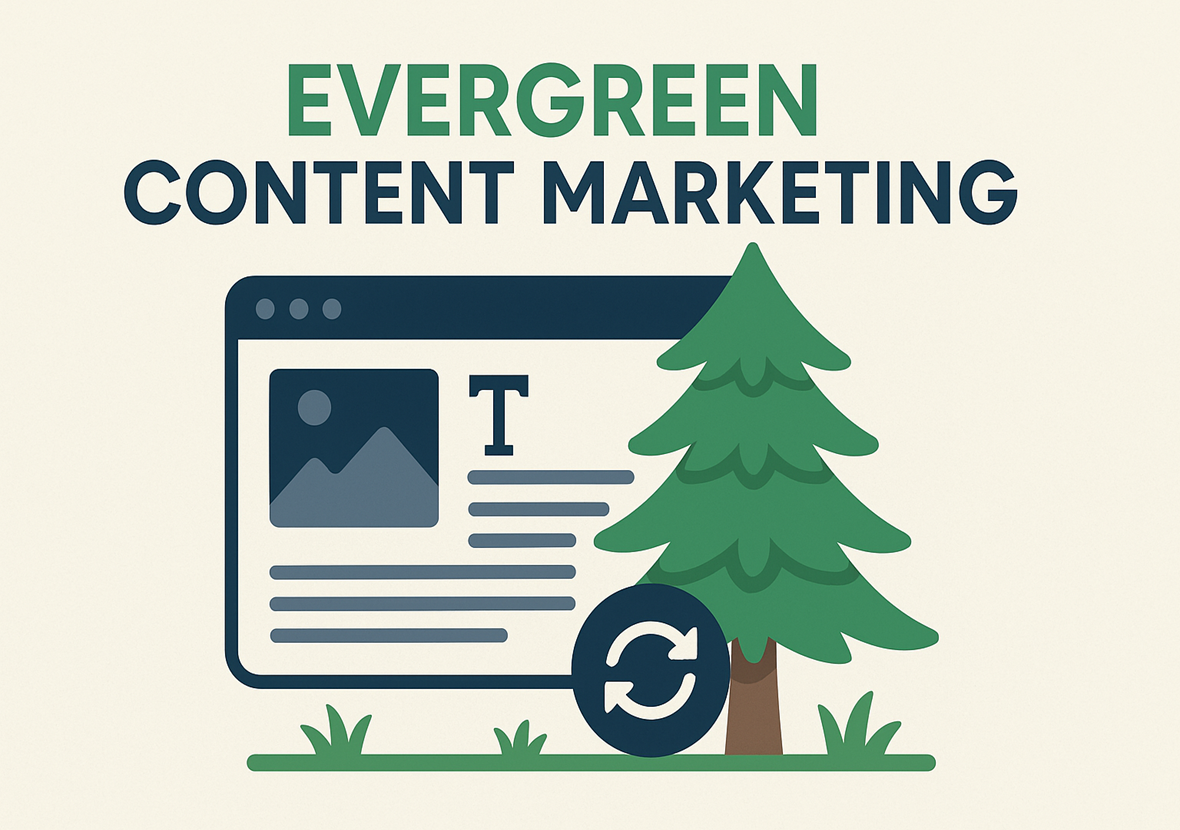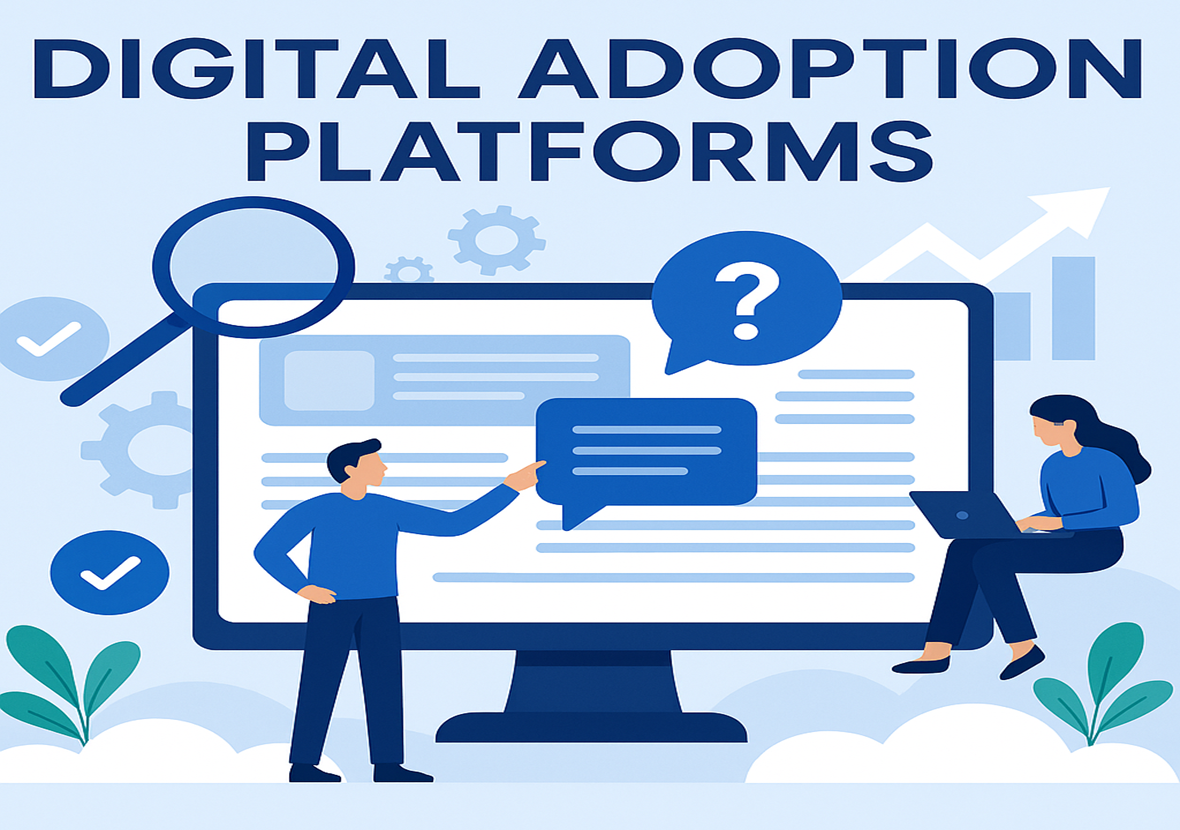The Best Email Marketing Tools for Small Businesses
Email marketing remains one of the most effective ways for small businesses to engage customers, build relationships, and drive sales. Despite the rise of social media and other digital marketing strategies, email continues to deliver high returns on investment. However, choosing the right email marketing tool can be a game-changer.
With so many options available, it’s essential to find a platform that offers a balance of affordability, ease of use, automation, and analytics. The right tool will help you craft compelling campaigns, automate customer journeys, and analyze performance to refine your strategy. In this article, we will explore the best email marketing tools tailored for small businesses, highlighting their strengths and how they can help you grow your business effectively.
What Is Email Marketing?
Email marketing is a digital marketing strategy that involves sending emails to a targeted audience to promote products, services, or brand awareness. It is one of the most effective ways for businesses to communicate with their customers, build relationships, and drive sales. By leveraging email marketing, companies can engage their audience, provide valuable content, and nurture leads into paying customers.
Mailchimp – The All-in-One Marketing Platform
Mailchimp is one of the most recognizable names in the email marketing space, and for good reason. It’s a user-friendly platform designed for businesses of all sizes, but small businesses particularly benefit from its free plan, which allows up to 500 contacts and 3,500 monthly email sends.
One of Mailchimp’s standout features is its drag-and-drop email builder, making it easy to design professional-looking emails without any coding knowledge. Additionally, it offers automation tools that help small businesses nurture leads, re-engage inactive subscribers, and send personalized recommendations based on user behavior.
Mailchimp also integrates seamlessly with popular e-commerce platforms like Shopify and WooCommerce, allowing businesses to sync customer data and send targeted campaigns based on purchase history. The built-in analytics dashboard provides valuable insights into email performance, showing open rates, click-through rates, and subscriber engagement trends.
For businesses looking to expand beyond email marketing, Mailchimp offers landing pages, social media ads, and even a customer relationship management (CRM) system. While its free plan is quite generous, the paid plans unlock advanced features like A/B testing, behavioral targeting, and custom branding.
Constant Contact – Best for Growing Small Businesses
Constant Contact is another strong contender in the email marketing space, particularly for small businesses that are looking for a simple yet powerful platform. Its intuitive interface makes it easy to create beautiful emails using pre-designed templates, and its automation features help businesses streamline their communication.
One of the key benefits of Constant Contact is its robust deliverability rate. Unlike some platforms where emails may end up in spam folders, Constant Contact ensures that your messages reach your subscribers’ inboxes. This is crucial for small businesses that rely on email marketing to maintain customer engagement.
The platform also excels in event marketing, making it a great choice for businesses that host webinars, in-person events, or online workshops. With features like event registration and ticketing, you can manage invitations and follow-ups seamlessly.
Additionally, Constant Contact provides excellent customer support, which is particularly valuable for small business owners who may not have a dedicated marketing team. The platform’s email automation tools, e-commerce integrations, and real-time reporting make it a comprehensive solution for businesses aiming for growth.
ConvertKit – Best for Content Creators and Small Businesses
If your business revolves around content creation, whether as a blogger, coach, or online educator, ConvertKit is an excellent choice. Unlike traditional email marketing tools, ConvertKit is designed to help creators build and monetize their audience with features tailored to their needs.
One of ConvertKit’s biggest strengths is its automation and segmentation capabilities. You can create custom email sequences that trigger based on subscriber actions, allowing for highly personalized interactions. For example, if a user downloads a free resource, you can automatically enroll them in a follow-up sequence that nurtures them toward a purchase.
ConvertKit also stands out with its visual automation builder, which helps small businesses map out their email workflows with ease. This feature is particularly useful for businesses that rely on lead nurturing to drive conversions.
Another advantage is its ability to sell digital products directly through the platform, eliminating the need for third-party e-commerce integrations. If you’re a creator who sells online courses, e-books, or paid newsletters, ConvertKit makes it seamless to generate revenue from your email list.
While ConvertKit doesn’t offer as many design customization options as some of its competitors, its focus on simplicity and effectiveness makes it a top choice for content-driven small businesses.
Brevo (Formerly Sendinblue) – Best for Automation and SMS Marketing
Brevo, previously known as Sendinblue, is an excellent email marketing tool for small businesses that want to combine email and SMS marketing. It’s known for its advanced automation features, allowing businesses to create detailed workflows that respond to customer actions.
With Brevo, small businesses can set up automated email sequences that nurture leads, re-engage inactive customers, and provide personalized recommendations based on past behavior. The platform’s intuitive drag-and-drop editor makes email creation easy, even for those with no design experience.
One of Brevo’s standout features is its transactional email functionality, which is particularly beneficial for e-commerce businesses. This ensures that order confirmations, shipping updates, and password resets are delivered promptly and reliably.
Another reason small businesses love Brevo is its SMS marketing integration. This allows businesses to send text message campaigns alongside emails, creating a multi-channel marketing strategy that enhances engagement.
Brevo offers a free plan that includes unlimited contacts and up to 300 emails per day, making it a budget-friendly option for small businesses. Paid plans unlock additional features like A/B testing, advanced segmentation, and real-time analytics.
AWeber – Best for Small Businesses Looking for Simplicity
AWeber is one of the oldest email marketing tools, and it remains a favorite among small business owners who prioritize simplicity and reliability. It’s an excellent choice for those who want a no-frills solution that gets the job done without a steep learning curve.
With AWeber, you get access to a vast library of email templates, making it easy to create visually appealing campaigns in minutes. The platform’s drag-and-drop editor ensures that even those with no design experience can build professional-looking emails effortlessly.
AWeber also offers automation tools that allow businesses to set up autoresponders, ensuring that new subscribers receive a warm welcome or follow-up emails based on their actions. Its integration with popular platforms like WordPress, Shopify, and PayPal makes it easy to sync customer data for targeted campaigns.
One of the standout features of AWeber is its customer support. Unlike some platforms that rely solely on chatbots and email support, AWeber provides phone support, ensuring that small businesses get the assistance they need in real-time.
While AWeber doesn’t offer as many advanced automation features as some competitors, it remains a solid choice for businesses looking for an easy-to-use platform that delivers reliable results.
Drip – Best for E-commerce Businesses
Drip is a powerful email marketing tool designed specifically for e-commerce businesses. If you run an online store and want to leverage email marketing to boost sales, Drip offers the advanced features needed to personalize customer interactions and drive conversions.
What sets Drip apart is its deep integration with e-commerce platforms like Shopify, WooCommerce, and Magento. This allows businesses to track customer behavior, segment audiences based on purchase history, and send automated emails that encourage repeat purchases.
Drip’s automation capabilities are highly advanced, enabling businesses to create detailed workflows that guide customers through the buying journey. Whether you want to recover abandoned carts, recommend products based on past purchases, or reward loyal customers, Drip makes it easy to set up complex sequences without technical expertise.
Another highlight of Drip is its dynamic segmentation, which helps businesses target the right audience with personalized offers. This level of customization enhances engagement and ultimately leads to higher conversion rates.
While Drip is slightly more expensive than some other email marketing tools, its advanced features make it worth the investment for businesses that rely on e-commerce sales.
Conclusion
Choosing the right email marketing tool for your small business depends on your specific needs, budget, and marketing goals. If you’re looking for an all-in-one solution, Mailchimp is a great choice. For those focused on simplicity, AWeber and Constant Contact offer user-friendly interfaces. Content creators will find ConvertKit ideal, while e-commerce businesses can benefit from Drip’s powerful automation and segmentation features.
Regardless of which tool you choose, the key to successful email marketing lies in personalization, consistency, and engagement. By leveraging automation, analyzing performance, and crafting compelling messages, small businesses can maximize their email marketing efforts and achieve long-term success.














